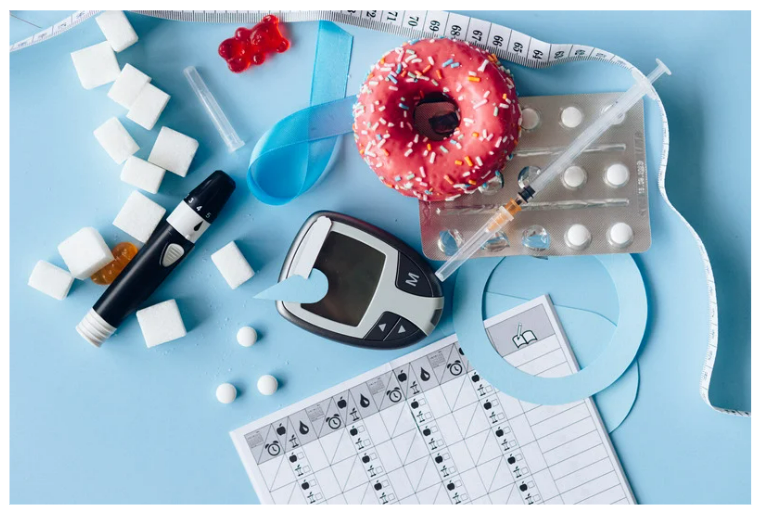By Miriam E. Tucker
Source Medscape
TOPLINE:
Habitual short sleep duration was associated with an increased risk of developing type 2 diabetes (T2D), and this association persisted even among participants who maintained a healthy diet.
METHODOLOGY:
- Data analysed for 247,867 adults in the UK Biobank during May-September 2023, with median a follow-up of 12.5 years.
- Sleep duration was categorised by hours/day as normal (7-8), mildly short (6), moderately short (5), and extremely short (3-4).
- Dietary habits were based on the consumption of red and processed meat (less healthy) and fruits, vegetables, and fish (more healthy), with scores ranging from 0 (unhealthiest) to 5 (healthiest).
TAKEAWAY:
- Proportions reporting normal, mildly short, moderately short, and extremely short sleep durations were 75.5%, 19.8%, 3.9%, and 0.8%, respectively.
- Proportions attaining diet scores of 0, 1, 2, 3, 4, and 5 were 1.5%, 7.4%, 17.6%, 27.5%, 29.0%, and 17.0%, respectively.
- During follow-up, 3.2% (n = 7905) of participants were diagnosed with T2D.
- Compared with those with normal sleep duration, adjusted hazard ratios for developing T2D were 1.16 (P = .003) for 5 hours and 1.41 (P < .001) for 3-4 hours, whereas the difference for 6 hours was not significant.
- Compared with the least healthy diet score of 0, the risk for T2D was significantly lower for those with score of 4 (adjusted hazard ratio, 0.82; P = .01) or 5 (0.75; P < .001).
- There were no multiplicative or additive interactions between sleep duration and healthy diet scores.

